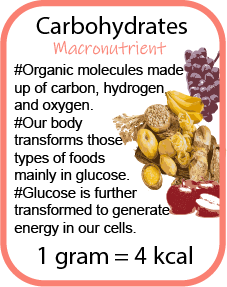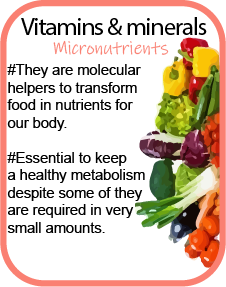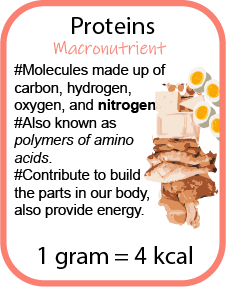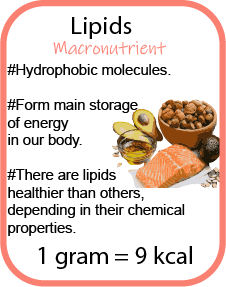The big value of water
Think of nutrients as all the ingredients we eat and that our body needs to be in optimal shape
The optimal shape does not refer to having the perfect body of that model we saw over the magazine, not at all. Instead, having a body in optimal shape is related to the healthy function of our organs according to our age and lifestyle.
Surely you have heard about the major classes of essential nutrients for humans. If you want some definitions, you can see our backed-by-science notes to the right. Overall, those ingredients give us the energy to be alive. Besides those nutrients, frequently is omitted the relevance of water. Although this element does not contribute us with energy, we need water in large amounts. Water is essential to maintain our body's metabolism functioning. In situations of decreased water intake (dehydration), our body unconsciously (autonomously) tries to make you drink water. In this attempt, one of the different signals that your brain send-out is a sensation of having emptiness in your stomach (even if you just got plenty of dry foods). This is one reason for having a good habit of drinking water when you are trying to a diet to lose excessive weight.




Curious fact!
Great-apes can survive weeks without water because their metabolism is used to get the most water from their natural food sources, reflecting how evolution made differences compared with human metabolism.
#Also think that our current human diet has been strongly modified with the intake of artificial products.
Opinion
As a scientist, I find nutrition is a way to modulate the health and disease status in any organism. Unfortunately, we are probably underestimating the importance of nutrition when trying to resolve other problems (aging, diseases like Alzheimer's, cardiovascular problems, status like Autism, or conditions like Lupus). Nutrition, and therefore the underlying metabolism, are potential tools to keep our health longer time.
REFERENCES
Armstrong, L.E. et al. (2020). Inputs to Thirst and Drinking during Water Restriction and Rehydration. Nutrients 12.
Pontzer, H., Brown, M.H., Wood, B.M., Raichlen, D.A., Mabulla, A.Z.P., Harris, J.A., Dunsworth, H., Hare, B., Walker, K., Luke, A., et al. (2021). Evolution of water conservation in humans. Current Biology 31, 1804-1810.e5.